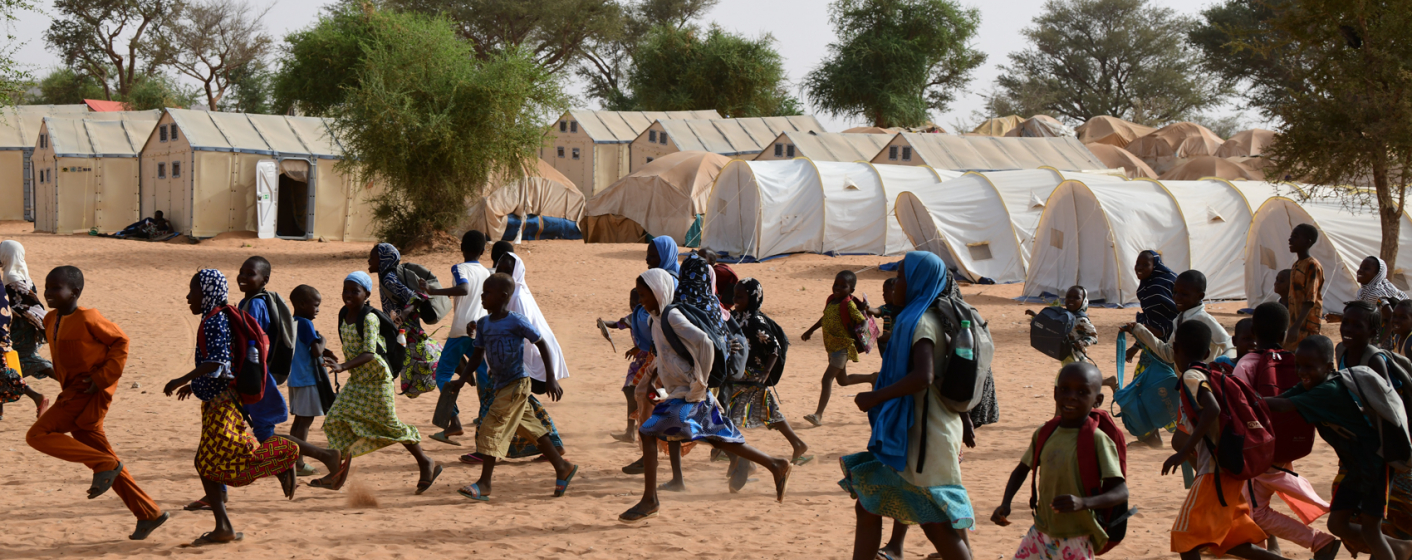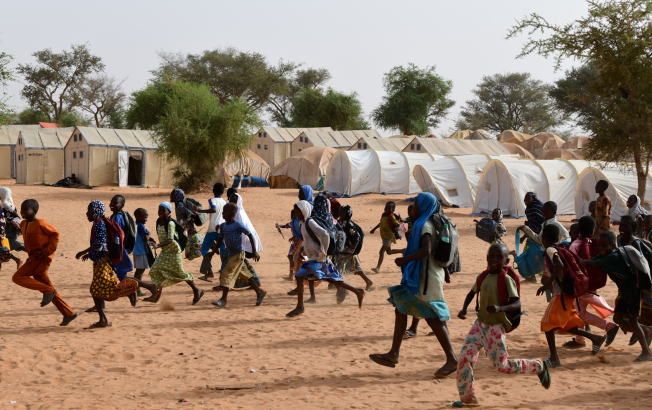Training in Crisis-sensitive planning: outcome of the first edition in French
Planning is key to preventing, preparing for, and mitigating the impact of natural disasters and conflicts on education systems. However, it is important to be able to use the data on education in emergencies that is so often lacking. Understanding the challenges of statistical information in contexts of population displacement, collecting, and analysing quality data, mapping risks, using data to monitor and evaluate learning... these are some of the topics addressed in a very rich IIEP training course recently completed.
- Using data and information for crisis-sensitive educational planning: a nine-week online course held between January and March 2022.
- 49 participants from 13 French-speaking African countries, from ministries, international or regional organisations, and technical partners.
- A practical, specialised training course based on analytical tools and methods, case studies and the sharing of experiences between countries.
- At the end of the training, almost all participants found the course useful and relevant to their professional activities.
Insecurity in the Sahel, cyclones, and floods in Southern Africa: there is often a lack of coherent and up-to-date education data in crisis situations. This information is essential for planning education in emergencies, so ministries can ensure continuity of education, protect investments in education and training, and sometimes even save lives.
From collecting reliable data to integrating it into EMIS
Over the course of the training, the 49 participants were introduced to a range of tools and methods for crisis-sensitive education sector analysis. They were introduced to and explored open databases on humanitarian crises and conflicts, such as ACLED or INFORM. The training also gave them the opportunity to conduct a study describing the risk profile of their country and examine the effects of conflicts and disasters on education - or conversely, to understand the potential role of education in mitigating or exacerbating crises.


